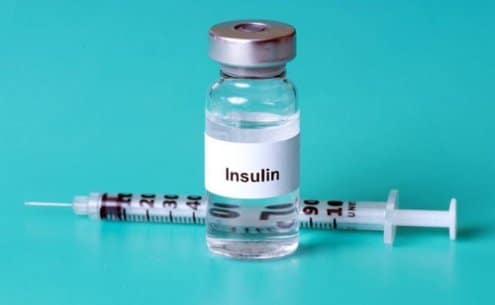What is Lantus insulin?
It is a long-acting insulin glargine injection used to treat type 2 diabetes mellitus in adult and pediatric patients. A single dose per day of Lantus is enough to maintain a constant baseline insulin level. It comes in a 10ml vial or 3ml SoloStar prefilled pen, with 100 units/ml insulin glargine.
Lantus overdose
Being a relatively new drug from this class, limited cases of Lantus overdose have been presented. A study found that Lantus overdose has a more rapid onset of action and prolonged duration. Clinicians must avoid early interruption of glucose infusion and consider possible glycemic status lasting over 24 hours. A case report confirmed a hypoglycemic episode occurring 96 hours after massive glargine injection.
Symptoms of insulin overdose
Mild Hypoglycemia:
- Sweating
- Chills
- Dizziness
- Confusion
- Anxiety
- Fast heartbeat
- Irritability
- Hunger
- Impaired vision
- Tingling
- Restlessness
- Slurred speech
- Pale skin
- Disorientation
Severe Hypoglycemia:
- Difficulty in concentrating
- Seizures
- Coma
- Death (due to insulin shock)
Overdose treatment
A Lantus overdose is an extremely dangerous situation. Patients on insulin must have a glucagon injection available to offset the effects of insulin. For mild and moderate hypoglycemia, a patient can eat 15–20 grams of carbohydrates or high-sugar food and drinks (non-diet soda, fruit juice, candy, or raisins). To avoid an overdose, follow the instructions from your doctor. Do not change your dose unless instructed by your health-care provider.


